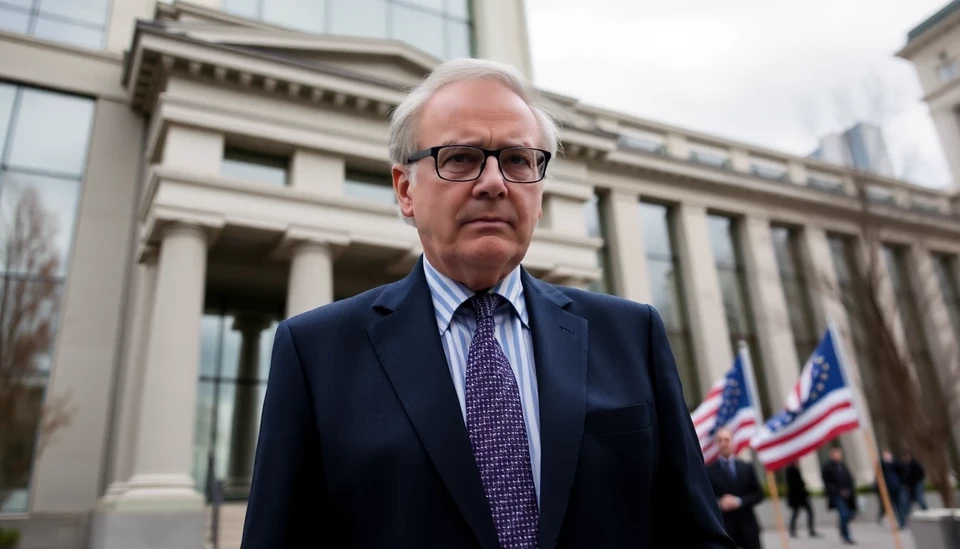
In a recent warning from European Central Bank (ECB) board member Isabel Schnabel, concerns have been raised regarding the potential impact of increased government spending in Germany and higher tariffs on inflation rates across the Eurozone. Schnabel highlighted that these economic factors could further exacerbate the already high inflation figures that the region has been grappling with.
During a press conference, Müller stated that the ECB is closely monitoring the situation. He emphasized that while government expenditure can stimulate economic growth, it also presents risks of increasing inflation — particularly during a period when prices are surging. The implications of German fiscal policy extend beyond national borders, potentially affecting the entire Eurozone as countries grapple with similar inflationary pressures.
The context of this cautionary note stems from ongoing geopolitical tensions that have led to a rise in tariffs, especially concerning imports from outside the European Union. These tariffs are expected to increase costs for consumers and businesses alike, which could, in turn, fuel further inflation. Müller’s comments underscore the need for careful balancing by lawmakers and monetary policymakers as they navigate these challenging economic waters.
Furthermore, recent reports indicate that despite a potential easing of inflation rates in some sectors, the overall sentiment is still uneasy. Consumers are feeling the pinch as energy prices remain high and supply chain disruptions continue to impact various industries. The ECB is faced with the daunting task of formulating a robust monetary policy response that can rein in inflation without stalling economic growth.
The current forecast predicts that inflation may persist beyond the short term, and the ECB will need to temper its strategies to either encourage growth or combat rising prices. Müller asserted that it is crucial for the ECB to remain vigilant, stating that any major shifts in fiscal policy could dramatically alter the economic landscape in Europe.
As the situation develops, the potential consequences of these policies and tariffs will be watched closely by economists and citizens alike, marking a pivotal moment for economic policy in the Eurozone. The balance between fostering growth and keeping inflation in check remains a challenging tightrope for policymakers.
In conclusion, the warnings from Isabel Schnabel and Müller highlight a significant intersection of fiscal policy and monetary stability. All eyes will be on Germany’s spending initiatives and the global trade environment to assess their impacts on inflation in the forthcoming months.
#ECB #Inflation #GermanSpending #Tariffs #EurozoneEconomy #IsabelSchnabel #EconomicPolicy
Author: Laura Mitchell




